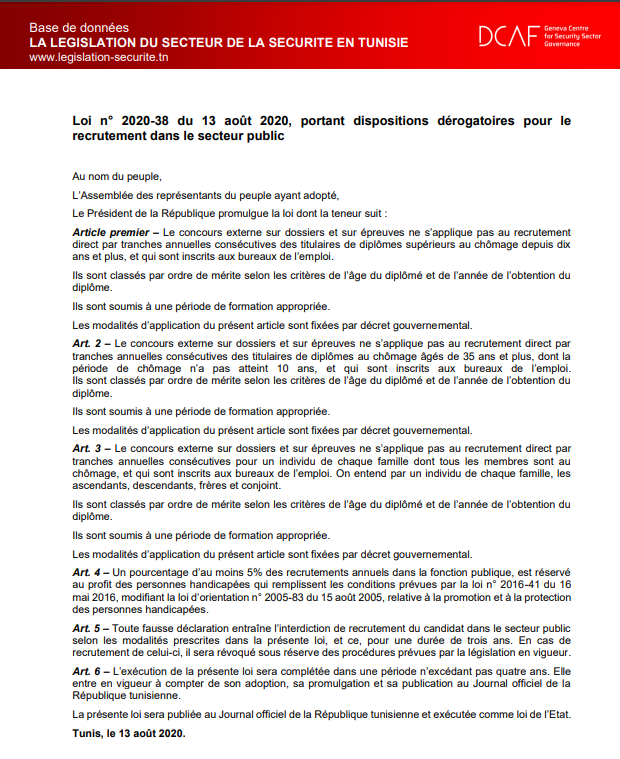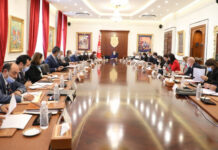The national political scene has known great upheavals for more than two months, following the proclamation of a state of emergency by the President of the Republic on July 25. With the appointment of Najla Bouden as head of government, some have expressed their pride in having a woman in this post and September 29 marked for them an unprecedented date in the history of Tunisia. While others eagerly await Bouden’s strategy to overcome social and economic challenges.
“A policy is judged by its results,” said Charles Maurras. Thus, the policy of the new head of government will be judged according to the change and the reforms she will initiate on the economic and social fields.
The three main challenges
In a statement given to “JDD Tunisia”, economic expert Ezzedine Saidane explained: “The challenges can be grouped into three main categories. The first category concerns the financial challenge rather than the economic challenge. Indeed, the value of state spending is equal to 16 billion dinars, of which 7 billion is already available in state coffers. The government has to find a solution to have the 8 or 9 billion that are missing. It should be noted in this case, that the 16 billion are distributed as follows: 5.1 billion for salaries, 7.5 billion for the service of debts (internal and external) and the rest is linked to compensation debts. “

He added: “The second category concerns the finance law. Details that normally the finance bill should be ready since July. We are at the beginning of October and we do not yet have a finance bill for the year 2022. As for the third and last category, it concerns discussions and negotiations with the IMF which remains a passage. compulsory for the 2022 finance law. “
Overcome the political crisis, first
For his part, the assisstant secretary general of the Tunisian General Labor Union (UGTT), Mohamed Ali Boughdiri, indicated that: "before talking about social challenges, it should be noted that overcoming political challenges makes it possible to face the challenges economic and social problems ”.

Social challenges concern: the unemployed, dropping out of school, marginalization, construction workers and the disabled.
Indeed, the unemployment rate has exceeded 17% at the national level, and is hitting young people hard (40.8%). Add to this, the application of Law 38 promulgated in August 2020 and which presents one of the most burning issues for the new head of government to consider. “
In this context, let us note that the law n ° 2020-38 of August 13, 2020, on the derogatory provisions for the recruitment in the public sector states in its sixth article that “The execution of this law will be completed in a period n ‘ not exceeding four years. It comes into force upon its adoption, promulgation and publication in the Official Journal of the Republic of Tunisia. This law will be published in the Official Journal of the Republic of Tunisia and executed as a law of the State. “
Our interlocutor added: “For the disabled, sincerely, they live in difficult conditions. We have 360 associations and 30,000 disabled people who are in need and deserve much more attention from the authorities.
For the position of the UGTT, we reach out to the head of government. We are proud of this appointment as we strive for full equality between the two sexes. We will wait for the formation of the new government and then we will present our demands and discuss them with the new head of government. “












